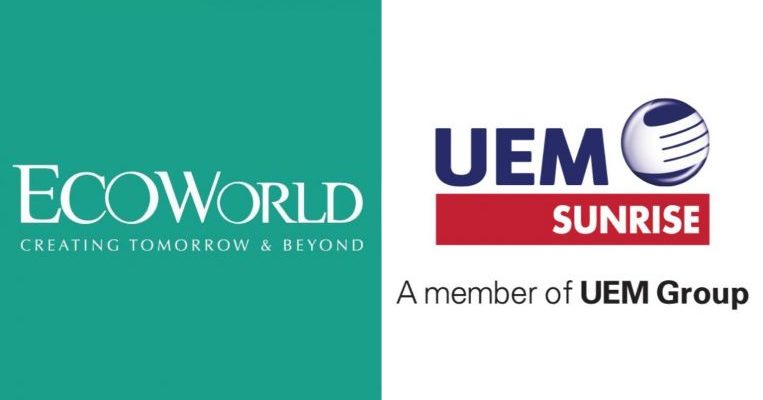
A proposed merger of the property arm of sovereign fund Khazanah Nasional with one of Malaysia’s most aggressive but debt-laden developers, Eco World Development Group, is raising some concerns – especially about whether the state-controlled enterprise will benefit from such a deal at a time when Malaysia’s real estate sector is under pressure.
The proposed transaction calls for Khazanah’s UEM Sunrise to enter into a corporate union with Eco World through a share-swop deal.
Bankers and government officials close to the situation told The Sunday Times that there is pushback from Khazanah and several senior government officials to the proposed transaction.
Leading the charge for the deal is Tan Sri Syed Mokhtar Albukhary, one of Malaysia’s most powerful businessmen, who has close ties to Prime Minister Mahathir Mohamad. He is also closely associated with the main shareholders of Eco World, said bankers and government officials.
“(The proposed transaction) hangs in a balance that for now is tilting in Eco World’s favour,” said a senior government official close to the situation who is also against the UEM-Eco World deal.
Details of the merger remain sketchy, but government officials noted that Eco World founder Liew Kee Sin and his partners are insisting on management control in the merged entity should the deal go through.
How the proposed deal plays out is being closely watched by the bankers and the business community already anxious about the health of the property sector.
A boom that began shortly after the financial crisis in 1998 and fuelled by easy credit spawned huge profits for developers and encouraged speculation, pushing prices to record levels. The property market showed signs of cooling off only two years ago after the central bank tightened lending rules for financial institutions to the sector.
While a correction to prices has so far been forestalled, strains from the years of exuberance abound and the prospects look grim not only for the real estate market, but also for the construction and banking sectors that are tightly connected to property activity.
According to Malaysia’s National Property Information Centre, the country’s property overhang at the end of last year stood at 51,265 units comprising completed but unsold residential units, service apartments, shop units and industrial properties, collectively valued at RM35.76 billion (S$11.8 billion). This spike represents a 213 per cent increase in value over the five years between 2014 and last year.
There is other worrying data.
Malaysia’s household-debt to gross domestic product, a common marker when gauging a country’s economic health and financial stability, hit a high of 88.95 per cent in 2015 before coming off slightly to around 83 per cent currently. Housing-related debt is the highest contributor to household debt, which is extremely sensitive during economic downturns that lead to unemployment and spikes in borrowing costs.
The keen interest on developments surrounding Eco World is also due to founder Tan Sri Liew. Seen as a master marketeer with a pleasant disposition, Mr Liew established SP Setia in the early 1990s and turned the company into one of the most profitable publicly listed property entities before it was taken over by state-owned investment fund Permodalan Nasional Berhad (PNB) in 2014.
Eco World was set up shortly after Mr Liew and his partners, including politically well-connected lawyer-turned-businessman Abdul Rashid Manaf, took over a small Johor-based listed entity called Focal Aims. According to former Focal Aims executives, the parties related to Mr Syed Mokhtar were also involved in the takeover of the firm, which was renamed Eco World.
Eco World expanded aggressively in Malaysia and also with overseas ventures in London and Australia through its 27 per cent-owned associate entity Eco World International.
But the group’s high leveraged expansion strategy has left it saddled with debts of more than RM3.7 billion against a backdrop of declining sales both in Malaysia and its international operations.
Financial executives and government officials noted that Eco World was exploring merger talks in late February with the property arm of state-controlled conglomerate Sime Darby. But that plan was aborted following opposition from Sime Darby’s main shareholder, PNB.
